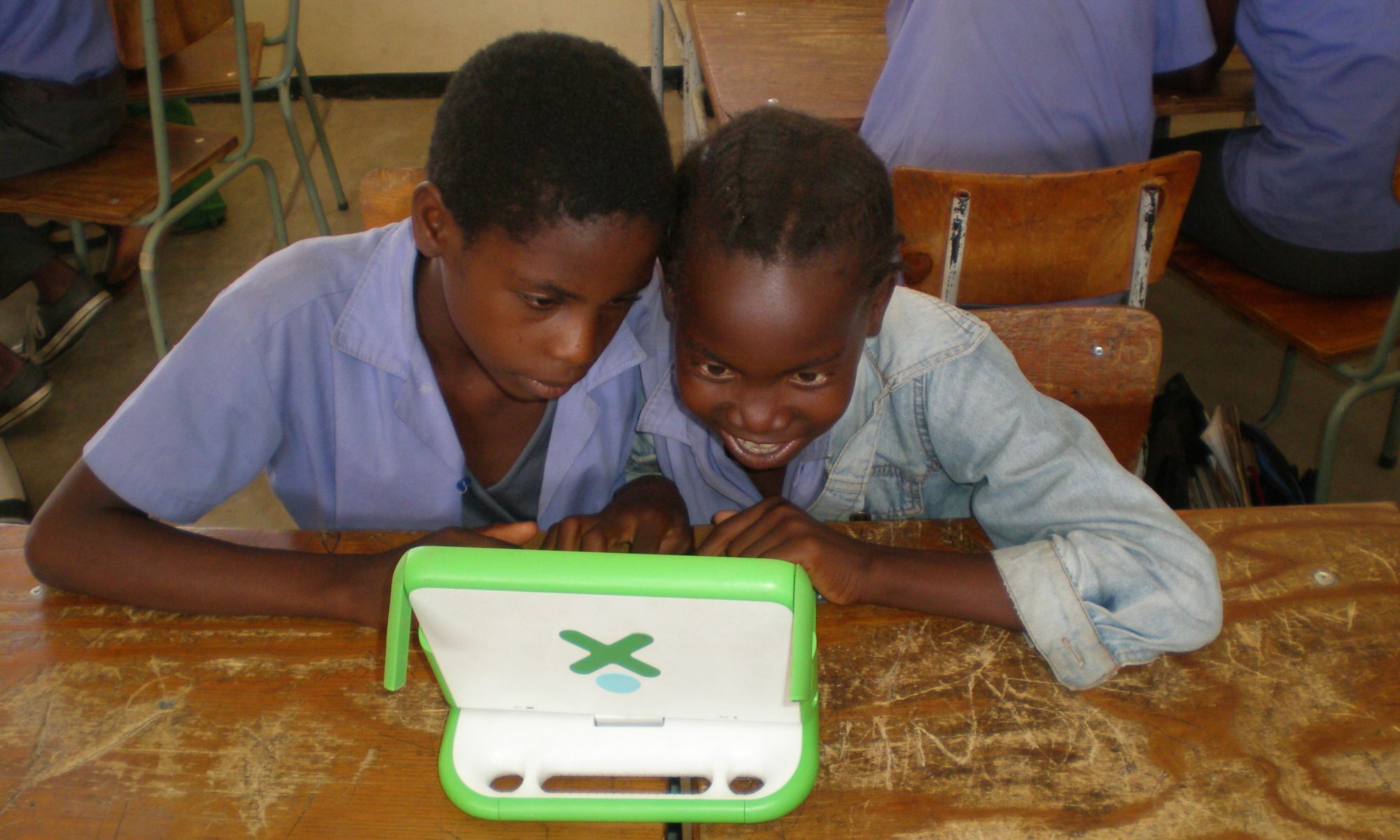Global Coders are pleased to announce the release of Myosensor, one of our summer 2020 projects undertaken by the very talented John McCulloch.
The WHO estimate there are some 3 million upper-limb amputees globally of which 2.4 million live in low- and middle-income countries. In many cases in the Western world a Myoelectric prosthesis is considered which makes use of existing muscle sites for control. In order for such a prosthesis to work a clinical evaluation of muscle control viability must be undertaken followed by extensive training. The equipment required to do this runs to the thousands of pounds making it prohibitively expensive in low- and middle-income countries which are highly resource constrained.
John’s innovative approach – Myosensor – is a combination of cheap readily available off-the-shelf hardware combined with fully free open designs, instructions, and software. The total equipment cost is brought down from several thousand pounds to around £75 ($100).
Myosensor allows clinical assessments as well as numerous training exercises including game-based training which will engage children who often find the more traditional training exercises tedious and so struggle to complete them. An option even allows any keypresses to be linked to muscle controls meaning any game or application can be controlled through muscle input. A virtual hand allows users to control a virtual prosthetic and helps both amputees and general education to show how such prosthetics are controlled.
John recently took part in a podcast where he talked about his experiences working on the project.
Myosensor code and designs are released as free open-source resources allowing anyone to use them for no cost and build on them to add new features or customise them according to different clinical settings.
More information can be found on the Myosensor homepage hosted by the School of Electronics, Electrical Engineering and Computer Science at Queen’s University Belfast.

